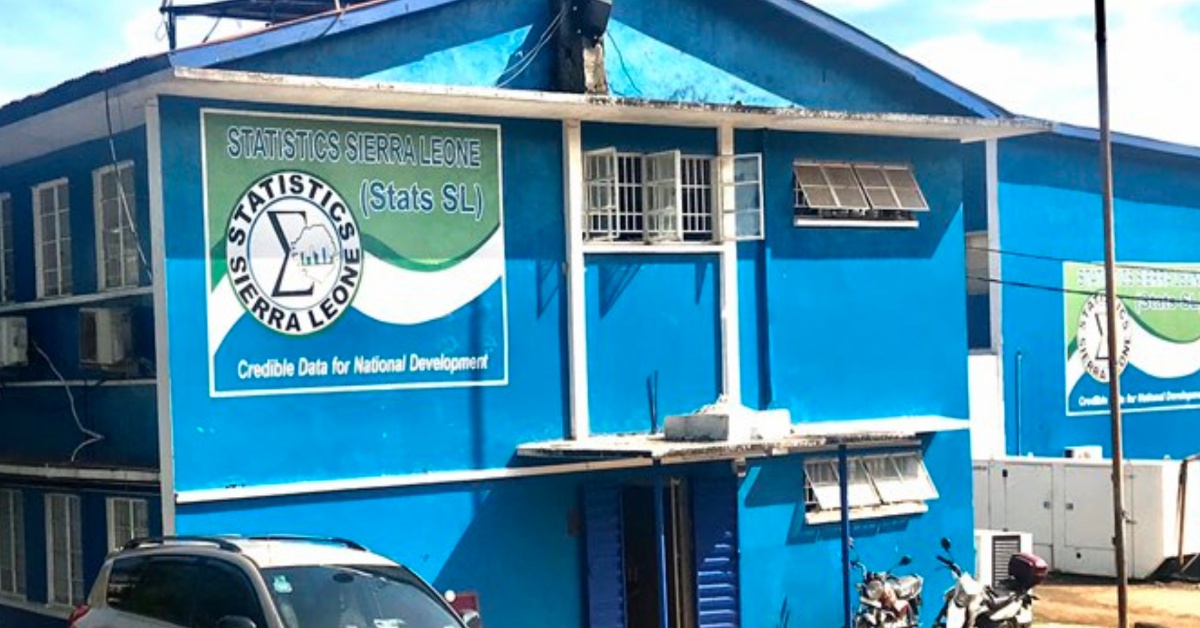Statistics Sierra Leone (Stats SL) has launched a six-day intensive training program on structure mapping and household listing as part of preparations for the Seventh Round of the Sierra Leone Multiple Indicator Cluster Survey (SLMICS 2025).
The training, aimed at field staff, focuses on equipping participants with essential skills to ensure the accurate collection of data using the Computer Assisted Personal Interviewing (CAPI) system.
The training program marks a crucial step in Stats SL’s commitment to producing credible statistical data that informs national development policies and decision-making processes.
Structure mapping involves identifying and marking all residential and non-residential structures within selected enumeration areas (EAs) or clusters, while household listing entails systematically recording details of all family units within these structures. The data gathered will serve as the foundation for selecting sample units when the full-scale data collection phase begins.
The SLMICS is a global initiative spearheaded by the United Nations Children’s Fund (UNICEF) since the 1990s to generate internationally comparable data on indicators affecting women and children.
The findings play a key role in shaping evidence-based policies, tracking national development goals, and monitoring progress toward international commitments, including the Sustainable Development Goals (SDGs).
During the opening ceremony, Erika Tsuruyama, UNICEF’s Research and Evaluation Specialist, emphasized the survey’s importance in providing high-quality data to address pressing issues affecting women and children. She urged participants to uphold accuracy and collaboration throughout the mapping and listing processes.
“The SLMICS is more than just data collection—it is about ensuring reliable information to improve the lives of women and children across Sierra Leone,” Tsuruyama said.
Addressing the trainees, Lansana Kpewolo Kanneh, Deputy Statistician General of Stats SL, underscored the technical complexity and significance of the mapping exercise. He emphasized that its success directly influences the credibility of the SLMICS 2025 results, which will inform critical policies.
“This exercise is foundational for the success of SLMICS 2025. Your commitment and diligence will ensure that Sierra Leone produces credible and internationally recognized data,” Kanneh stressed before officially declaring the training open.
The event was attended by key Stats SL officials, including Mohamed Koblo Kamara, Director of the Demographic Health and Social Statistics Division (DHSSD); Miriam B. Jalloh, SLMICS National Coordinator; Samuel Ansumana, Director of Communication and Public Relations Division (CPRD); and Eleanor Keeble, SLMICS Consultant. Other technical staff and facilitators were also present to support the training.
The training is expected to enhance the capacity of field staff to efficiently utilize modern data collection tools like CAPI, ensuring precision and reliability in the structure mapping and household listing processes. This preparatory phase is pivotal for Stats SL’s goal of producing high-quality data that will drive impactful decisions for the country’s development.




 Post a comment
Post a comment









